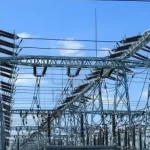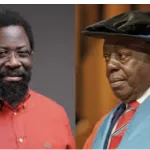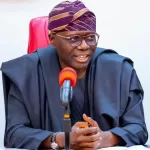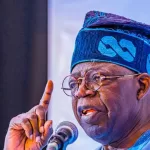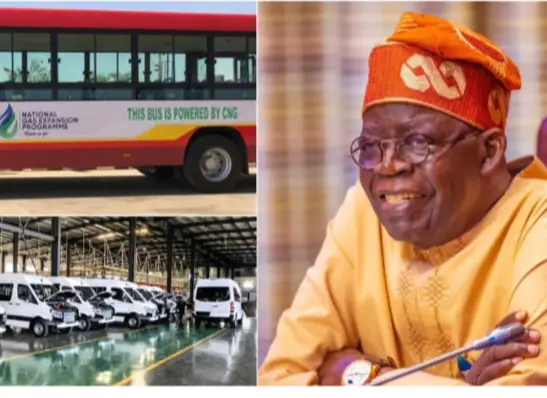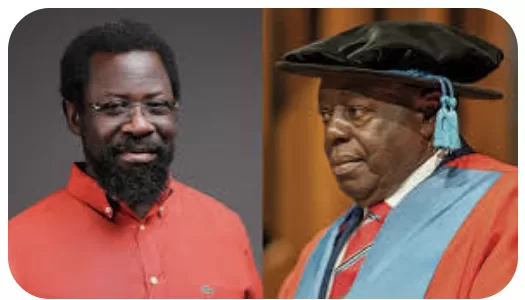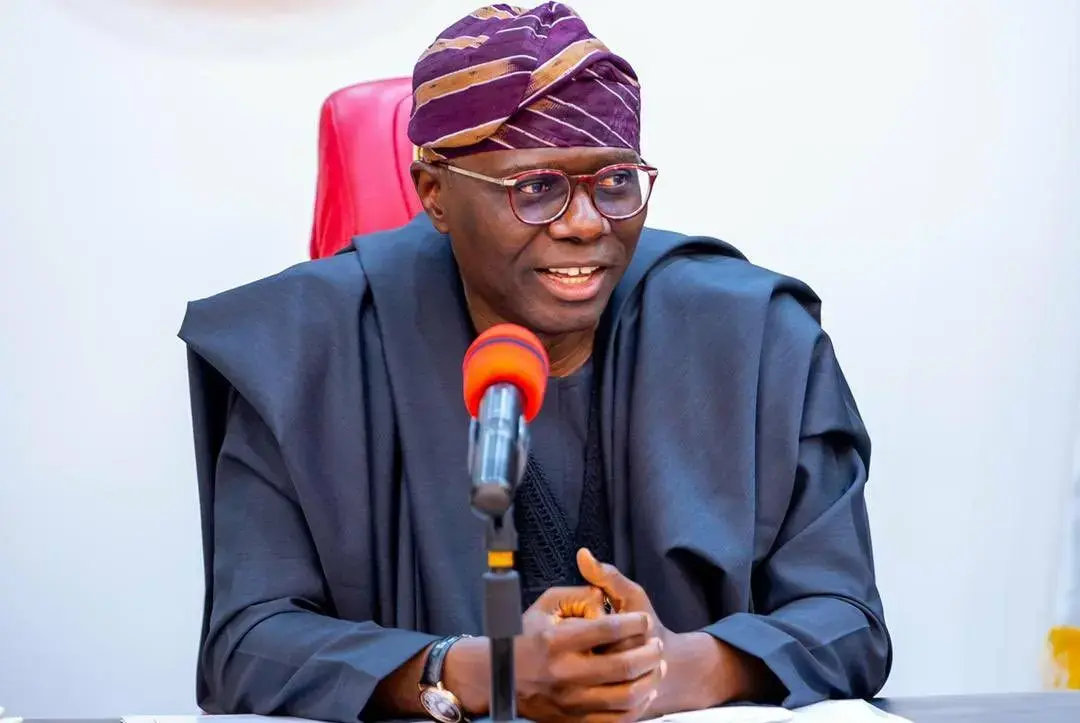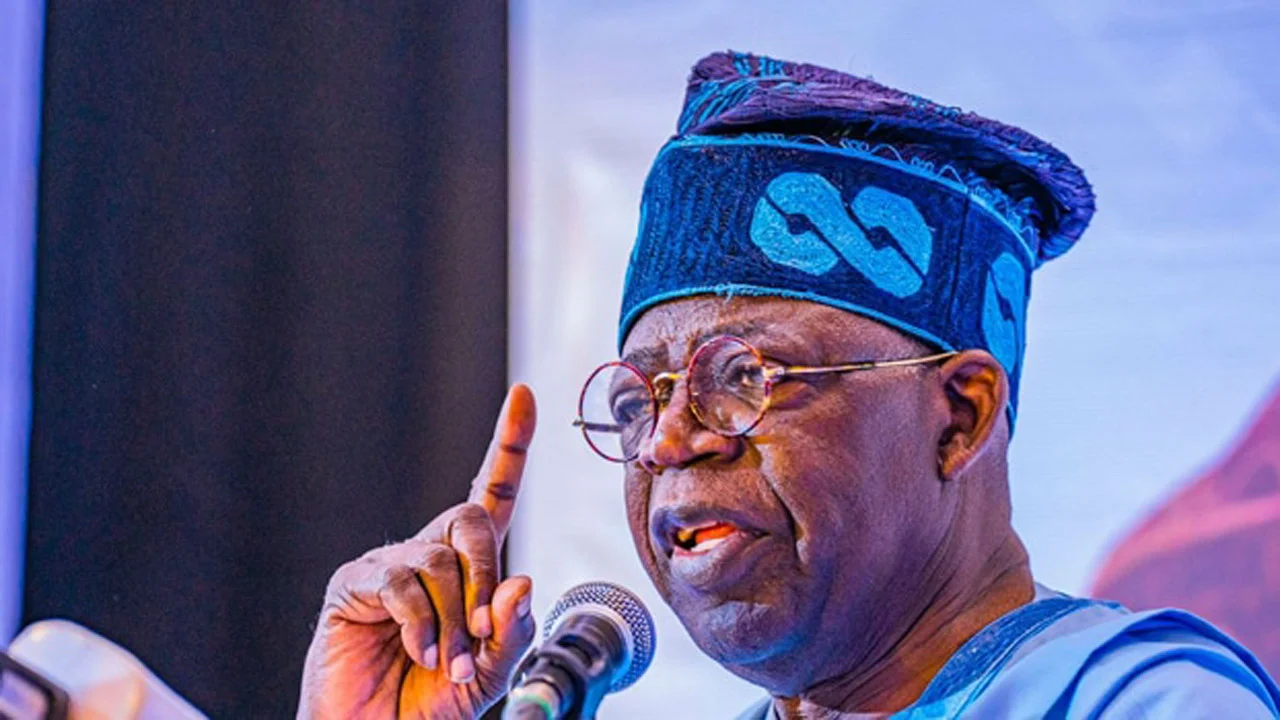President Bola Tinubu has mandated that all Future vehicle, generator, or tricycle acquisitions by the government and its agencies must utilize either compressed natural gas (CNG), solar power, or electric energy sources.
According to a statement by Presidential spokesman Ajuri Ngelale on Monday, the President’s directive is also in furtherance of Nigeria’s effort to transition to cleaner energy, as CNG-enabled vehicles have been adjudged to produce lower emissions, presenting a more affordable alternative for Nigerian energy consumers.
Addressing members of the Federal Executive Council (FEC) at the State House in Abuja on Monday, President Tinubu affirmed that there was no turning back on the energy reforms initiated by his administration.
“This nation will not progress forward if we continue to dance on the same spot. We have the will to drive the implementation of CNG adoption across the country, and we must set the example as public officials in leading the way to that prosperous future that we are working to achieve for our people.
It starts with us, and in seeing that we are serious, Nigerians will follow our lead,” the President stated.
The President further directed the rejection of all memos brought forward by members of FEC seeking the purchase of traditional petrol-dependent vehicles, tasking the affected members of the Council to go back and diligently seek value-driven procurements of CNG-compliant vehicles.
The statement added that the President remained committed to effectively harnessing the nation’s gas potential, alleviating the burden of high transportation costs on the masses while enhancing the standard of living of all Nigerians.
It has been reported that the recent order has impacted new requests made by the Nigeria Customs Service and the Shipper’s Council. These agencies had requested approval to purchase hundreds of operational vehicles powered by petrol; however, they received approval for their requests with the directive that the vehicles must be powered by CNG.
Also, a request by the Federal Capital Territory to buy petrol generators was approved, but the council insisted they must be powered by CNG or solar.
The government also expects agencies to begin converting petrol or diesel vehicles or generators to CNG.
The Tinubu administration, which launched the Presidential Compressed Natural Gas Initiative (PCNGi) last October, plans to roll out about 800 CNG buses, 4,000 CNG tricycles, and 100 electric buses in the first phase in the next few weeks.
In making the decision on Monday, the government was signaling its readiness for an energy transition from fossil fuel to renewable energy.
The government believes its policy will unlock new investments in renewable energy, solar panels, and lithium batteries.
It also believes that the policy will be climate-friendly and reduce inflation, slashing costs by about 60 percent.

